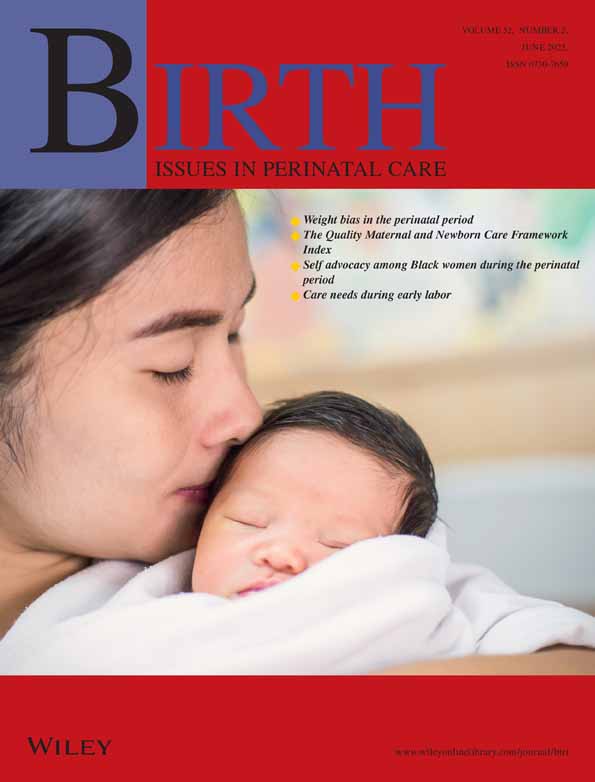Prenatal Weight Gain Patterns and Infant Birthweight Associated with Maternal Smoking
Abstract
Background:
Maternal smoking during pregnancy is recognized as an important and modifiable risk factor for low infant birthweight. The objective of this study was to compare the effects of maternal smoking status on prenatal weight gain and infant birthweight, and to determine if maternal weight gain mediates the effect of smoking cessation on infant birthweight.
Methods:
This prospective study of 341 white, non-Hispanic pregnant smokers, never smokers, and women who stopped smoking during pregnancy used multivariate analysis of variance to evaluate prenatal weight gain patterns. Multiple regression was used to investigate the effects of smoking status and maternal weight gain on infant birthweight.
Results:
Women who stopped smoking gained on average 39.68 lb during pregnancy. Smokers gained 32.75 lb, and never smokers gained 34.16 lb. Women who stopped gained significantly more weight than both smokers and never smokers (p= 0.01). Rates of weight gain differed significantly beginning in the second trimester, when women who stopped smoking gained more weight than never smokers (2.57 lb, 99% CI = 0.46, 8.07) and continued during the third trimester, with those who stopped smoking gaining more weight than both smokers (4.31 lb, 99% CI = 1.88, 12.00) and never smokers (1.25 lb, 99% CI = 0.56, 10.49). Infant birthweight differences were significant for women who stopped smoking versus continuing smokers (292 g, 99% CI = 145, 440) and for never smokers versus continuing smokers (253 g, 99% CI = 104, 401). Controlling for baseline maternal body mass index and infant gender, smoking status and weight gain each contributed significantly to infant birthweight (p<0.001). No evidence of interaction between smoking status and weight gain on infant birthweight was found.
Conclusions:
Maternal smoking status significantly affects prenatal weight gain and infant birthweight, but smoking cessation protects against lower birthweight through mechanisms other than increased maternal weight gain or different weight gain patterns. (BIRTH 24:4, December 1997)




